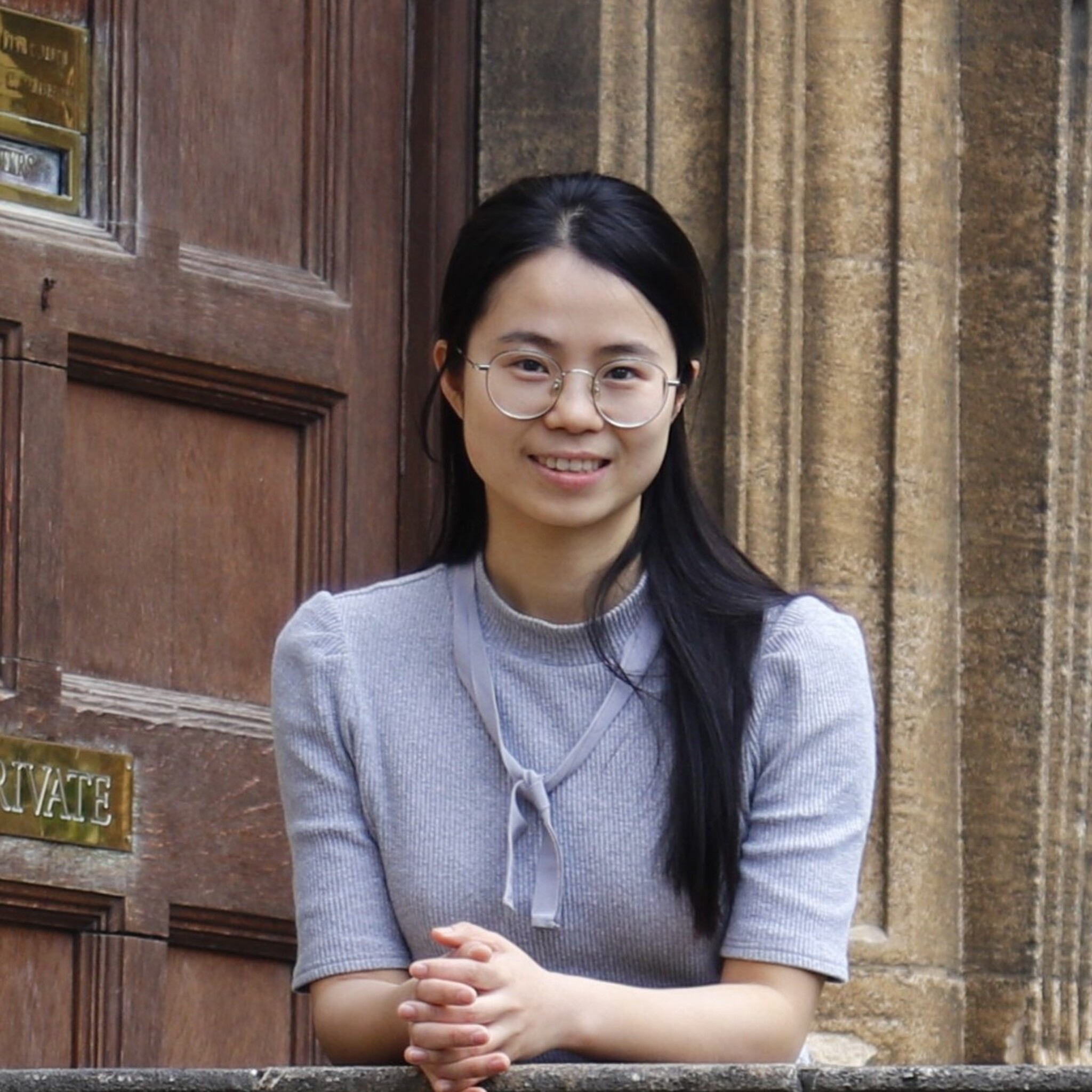
Dr. Yuan Xu
Lecturer in Mechanical Engineering
Newcastle University
Research Areas
My research areas focus on the intelligent damage prediction of materials and structures in highly dynamic (impact) environments. This is realised by developing novel experimental techniques and analytical methods, investigating rate-dependent multiaxial behaviours of advanced engineering materials and structures via experimental and computational approaches, and establishing data-driven prediction of damage and failure in the optimal design of structural integrity.
Research Excellence
I have published 25 articles in high-impact journals (10 as first author, 2 as corresponding author, and 13 as co-author), contributed to 6 conference proceedings, and presented at 15 international conferences. These publications have 1123 out of 1449 total citations excluding self-citations. Three of my publications have been recognised as ESI Highly Cited Papers, ranking in the top 1% in the fields of Engineering and Geosciences. My research on developing a high-rate loading and testing system at the Impact Engineering Laboratory earned a Recognition Award from the University of Oxford for my outstanding contribution to the Department of Engineering Science. This innovative experimental system has also been patented with Rolls Royce plc.
Impact and Knowledge Exchange
My current research contributes to achieving carbon neutrality by promoting efficiency of energy use and reducing carbon emissions. Lightweight engineering materials offer a promising avenue for achieving carbon neutrality from the transport sector, with titanium alloys emerging as particularly attractive due to their exceptional strength-to-weight ratio and resistance to extreme conditions. However, existing material models are still far from capturing the complexity of real-world scenarios such as collision or impact, which involve multiaxial loading and elevated rates of deformation.
My research vision aims to develop novel experimental techniques and advanced numerical models to address this gap. The new material models can be applied to the optimal design for structural integrity in aerospace and automotive industries on their pathway of exploring emerging lightweight alloys and achieving the goal of net zero. Successful application will contribute to cutting down carbon emissions by reducing component materials in transportation systems and fostering sustainable mobility.